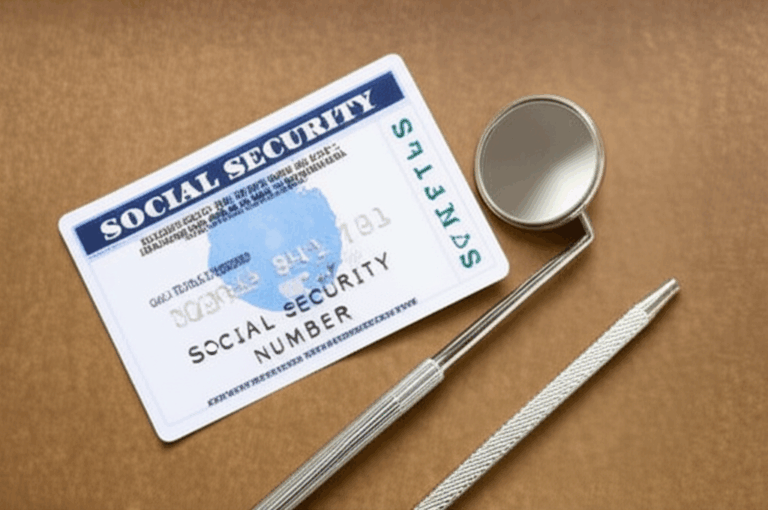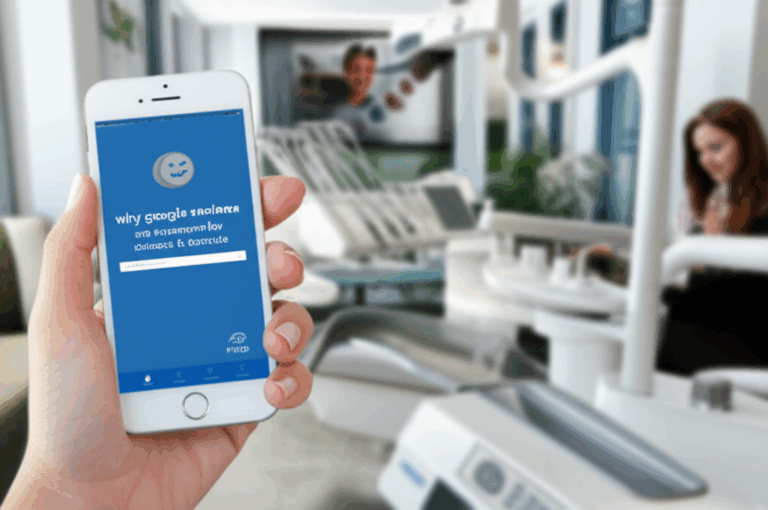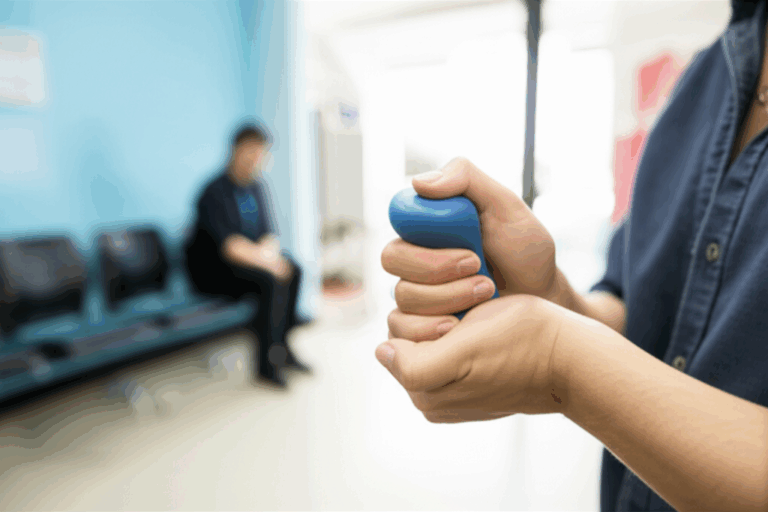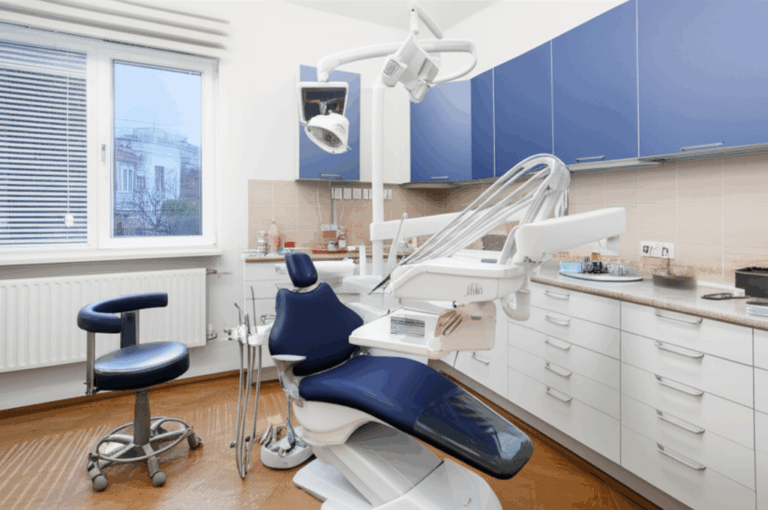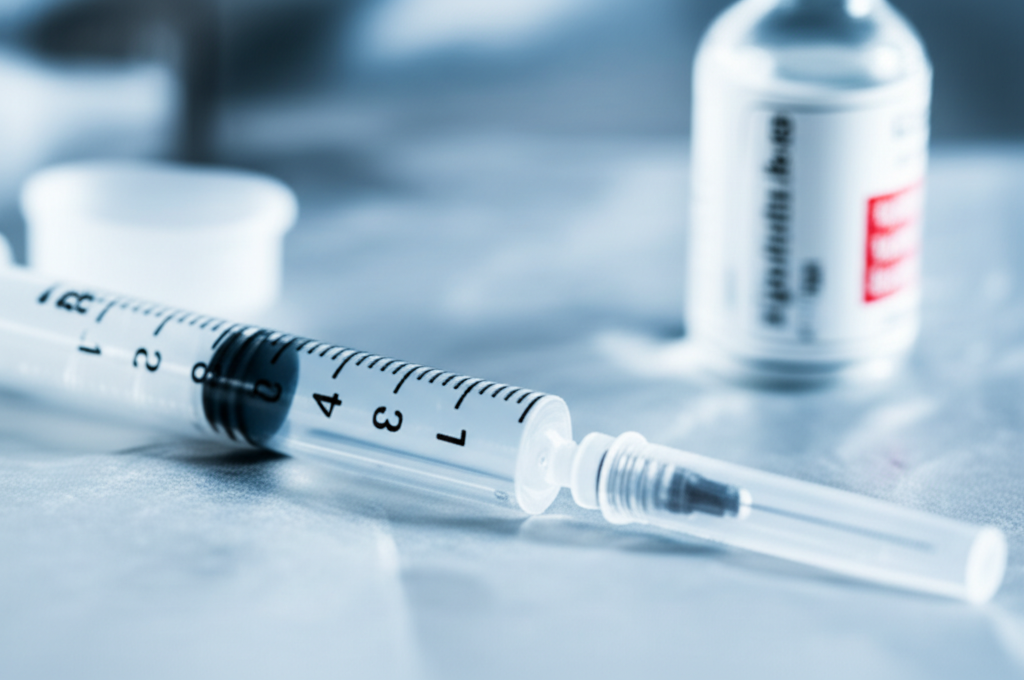
When Can You Eat After the Dentist? Your Essential Guide to Post-Procedure Meals & Recovery
Have you ever left the dentist’s office with your cheeks feeling funny and your stomach rumbling, thinking, “When can I eat after the dentist?” This easy guide gives you clear answers for all sorts of dental visits. With these tips, you’ll know how to protect dental work, avoid pain, and feel better about your next meal. I’ll show you what to eat, what not to eat, and how long you really should wait—sharing advice from my own experience and tips from Dr. Joe Dental and our dental lab friends.
Table of Contents
Introduction: Why Waiting to Eat Matters
I remember my first filling. My mouth felt weird, and I wanted to eat. But my dentist told me to “Wait until you’re not numb anymore!” At first, this felt silly. But it helped! Eating too soon—especially when numb—can make you bite your cheek or tongue, mess up your dental work, or make healing slower.
The truth is, the right time to eat after your dental visit depends a lot on what you had done. I’ll explain so you’ll never need to guess.
How Many Hours After Dentist Can I Eat?
Here’s what you want to know: you should wait at least 1 to 3 hours after most dental treatments before eating. This is really true if you had a shot to numb your mouth, like Novocaine or Lidocaine, so the numb feeling can go away.
Why wait at all?
- You could chew your lip or tongue and not notice until later.
- Hot foods or drinks might burn your mouth, but you won’t feel it until the numbness is gone—then ouch!
- Silver (amalgam) fillings need more time to become hard.
If you’re still numb after 3 hours, don’t panic. Sometimes numbness sticks around longer, especially after long appointments. If you’re not sure, always ask your dentist.
What if My Mouth Is Still Numb?
Is your stomach growling but your mouth feels heavy, weird, or tingly? This happens a lot. One time, I tried to eat a cracker while numb—bad idea! I bit my cheek by accident.
If you’re still numb but really need something to eat:
- Try soft or liquid foods, like applesauce, pudding, or a not-too-hot smoothie.
- Drink water, broth, or not-too-hot soup, but skip straws (especially after having a tooth pulled!).
- Eat slowly and chew gently—use the side of your mouth that feels okay.
But honestly, it’s smart just to wait until numbness is gone. Be easy on your freshly fixed teeth and gums. Your body will be happy you did!
Can I Eat After a Dental Cleaning?
Here’s some good news! After a regular dental cleaning—no fillings, no shots—you can usually eat right away.
A few quick tips:
- If you got fluoride gel or varnish, wait about 30 minutes before you eat or drink.
- Freshly cleaned teeth might feel extra smooth. Hold off on drinks or foods with a lot of color (like red juice, tea, coffee, or berries) for a little while so your teeth don’t pick up stains.
For deep cleanings (scaling), your mouth might feel sore. Try soft, not-acidic foods and nothing too hot or cold at first.
Eating After Fillings (Composite & Amalgam)
Fillings are a super common reason for this question, for kids and adults! Here’s how it breaks down:
Composite (White) Fillings:
- These harden fast with a blue light your dentist uses.
- Wait at least 30 minutes, or just until you’re not numb anymore.
- Start with soft foods like mashed potatoes, yogurt, or soft pasta.
- Don’t chew right on your new filling until your mouth feels normal.
Amalgam (Silver) Fillings:
- Amalgam fillings take longer to get hard—up to 24 hours to be really strong.
- Wait for the numb feeling to go away before you eat.
- For the first day, don’t eat hard or sticky foods on that side.
- If you need to eat, pick soft foods and chew away from your new filling.
When you’re unsure, play it safe with soft food. Skip hard, crunchy, or sticky things until tomorrow!
What to Eat After a Tooth Extraction or Wisdom Teeth Removal
If you had a tooth pulled (even wisdom teeth), there are some special eating rules. I’ve had it done, and here’s what helped me:
- Don’t eat until your mouth isn’t numb anymore—usually 1-3 hours.
- For the first 24 to 48 hours, eat only cool or a bit warm liquids and very soft foods.
- Broth, applesauce, pudding, mashed potatoes, or yogurt are all good.
- Never use a straw for at least 24-48 hours! Sucking through a straw can pull out the blood clot that’s healing your tooth—a painful problem called “dry socket.”
- Don’t rinse your mouth hard, spit hard, or eat spicy, sharp, or sticky foods right away.
- Stay away from alcohol, smoking, or fizzy drinks while your mouth heals.
As days go by, slowly add softer foods and chew on the other side. Your dentist will tell you what’s best, so listen to their advice.
Safe Eating After Root Canal, Crowns, and Bridges
After a root canal (especially with a temporary filling):
- Don’t eat until the numb feeling is gone.
- Eat soft foods.
- Don’t chew on the fixed tooth until you get your permanent crown.
With a temporary crown or bridge:
- Don’t eat if you’re still numb.
- Temporary crowns can come off easily! Eat soft foods and chew on the other side.
- Don’t eat sticky (gum, caramel) or hard stuff (nuts, chips).
With a permanent crown or bridge:
- Wait until the numbness is gone.
- The glue takes a couple of hours to set, so be gentle at first.
- You can eat normal foods after a day, but skip super-hard stuff for 24 hours.
If you want lasting crowns or bridges, it helps to go with a trusted crown and bridge lab.
Can I Eat After Getting a Dental Implant?
Getting a dental implant is a big step, and recovery needs a little extra care:
- Follow your surgeon’s plan. Many say only clear liquids for the first few hours, then move to really soft or blended foods for a few days or more.
- Don’t chew right where your new implant is at first.
- Stay away from hot drinks, crunchy snacks, or hard foods when you’re healing.
I once knew someone who ate crunchy toast too early after a dental implant—she had to go back to the dentist! Don’t rush it. Waiting makes healing way easier.
The Best Foods To Eat After Dental Work
Here’s a quick table (checked by Dr. Joe Dental) to show what’s safe in the first 24-48 hours after most dental fixes:
| Food Type | Examples | Why It’s Good |
|---|---|---|
| Soft/Liquid | Water, broth, yogurt, pudding, applesauce | Gentle on healing, easy to chew/swallow |
| Mashed | Potatoes, ripe bananas, avocados | Doesn’t need chewing, still healthy |
| Eggs/Fish | Scrambled eggs, soft fish | Good protein, soft texture |
| Cooked Carbs | Well-cooked pasta, soft rice | Won’t hurt your mouth or fillings |
| Lukewarm Soup | Chicken noodle, veggie soup | Easy to eat and keeps you hydrated |
Warm or cool drinks are okay, just not too hot. If you’re not sure, if you can squish it with a fork, you can probably eat it safely.
Food and Drink to Strictly Avoid
Some foods and drinks really slow down healing or mess up dental work. Here’s what you should not have:
- Crunchy snacks: Chips, popcorn, nuts—they can break dental work or get stuck in wounds.
- Sticky foods: Gum, caramel, taffy—can pull out fillings, crowns, or temps.
- Hot foods or drinks: Can burn your numb mouth without you knowing.
- Spicy, sour foods: Can hurt sore spots or make your mouth ache.
- Alcohol: Makes healing slow and doesn’t mix well with pain meds.
- Soda and fizzy drinks: Can bug your mouth and slow down recovery.
- Straws: Sucking can pull out blood clots after extractions.
Try getting more easy recovery advice from our team at china dental lab.
Signs You Should Call Your Dentist
Even if you do everything right, sometimes your mouth doesn’t get better like you hoped. Call your dentist if you notice:
- Pain gets worse or doesn’t stop.
- Bleeding that won’t stop.
- Numbness stays longer than 4-6 hours after your visit.
- Your face gets swollen or you get a fever.
- A filling or crown falls out, or feels loose.
- You notice pus, or your breath smells really bad all of a sudden.
Don’t try to tough it out—dentists are there to help, and getting help early is always better.
Real-Life Recovery Tips and FAQs
Some helpful lessons from my own dental times and advice from Dr. Joe Dental (he reviews all our stuff!):
Q: What if I’m starving but still numb?
A: Try lukewarm soup or soft yogurt. Eat slow and chew on the side that feels fine.
Q: My filling feels odd—should I avoid chewing there?
A: Yes, at least for the first day. For white fillings, chew carefully after the numb goes away. For silver ones, wait 24 hours before chewing there.
Q: Got my wisdom teeth out—are smoothies okay?
A: Smoothies are great, but don’t use a straw! Sip straight from a cup.
Q: How do I keep my mouth clean after dental work?
A: After 24 hours, gently rinse with salt water if you had a tooth out. Brush as normal, but go easy close to the sore spot.
Q: What if I eat something hard by accident?
A: Don’t worry. If you’re sore, stick to soft foods. If something feels cracked or loose, call your dentist.
Key Takeaways: Quick Bullet Points
- Wait until you’re not numb (1–3 hours) after most dental work before eating.
- After cleanings, you can usually eat soon unless you got fluoride.
- When unsure, pick soft, cool food—like mashed potatoes, yogurt, soup, or applesauce.
- Say no to hard, crunchy, sticky, hot, or spicy stuff for 24–48 hours.
- No straws if you had a tooth pulled or surgery in your mouth.
- Always do what your dentist says—that’s the best advice!
- If you have pain, extra bleeding, or something feels wrong, call your dentist.
- Being gentle with your mouth after dental work helps it heal faster.
If you want more info about how technology helps with healing, check out our digital dental lab.
Your mouth deserves good care—and so do you. Hope you heal up fast and enjoy your next meal with confidence!

